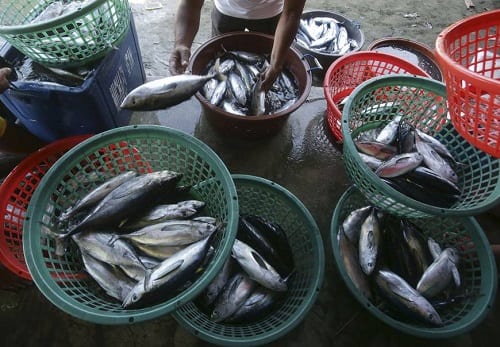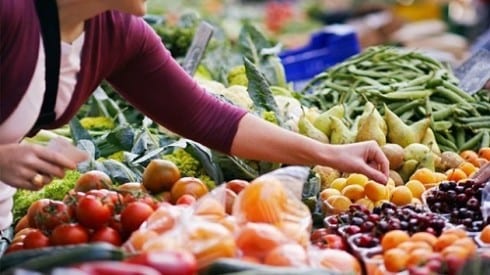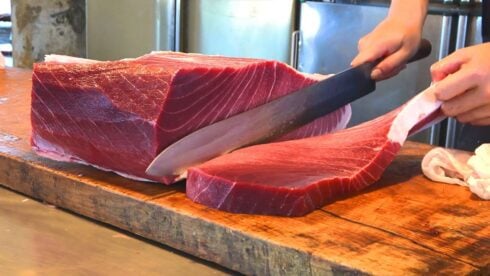A sustainable fish farm in Donana is being used by Spain’s top chefs, discovers Alex Iszatt
SUSTAINABLE living is a buzz-word for many chefs, and an integral part of how to keep our society fed – as well as respecting the environment from which food came.
So it is encouraging to discover that Andalucia is home to one of Europe’s first ‘sustainable’ fish farms.
A genuine pioneer Veta la Palma, in the Donana National Park, rears fish in a semi-wild state, with the minimum impact on the environment.
And its success speaks for itself with Spain’s leading chefs Martín Berasategui, Ferran Adria, Dani García, Pedro Subijana, and Fernando Cordoba all using its quality, high end products.
Best of all, its fishes are much healthier than the normal intensive fish farm methods.
Their animals grow more slowly than under intensive methods, taking 30 months to reach what usually takes just 18 months.
The fishes also have more space to swim in, making for firmer and tastier flesh.
The company extracts a maximum of 1,500 tonnes of fish each year – a fraction of what might be possible under a more profit-driven regime.
However, as the business is state owned, it has meant that the company can look more at other factors.
In the 20-odd years since the project kicked in, biodiversity on the finca has soared.
Water returned to the Guadalquivir river, that passes through the area, is much cleaner than when it was first pumped into the channels, thanks to the oxygenating capacities of the 250-plus bird species found on the estate.
It is certainly not to be sniffed at in terms of size. The farm spreads out over some 11,000 hectares of classic wetlands, some of Spain’s most valuable and highly protected land.
During the Franco years it was owned by an Argentinian company that raised beef cattle here.
However, in 1982 the rice company Hisparroz leased the land and planted rice, only to find that it was prohibited by environmental legislation.
Eventually fishermen came to the flooded fields of this marshland and in 1990 the ‘aquaculture’ farm was nationalised and brought under the ownership of the Donana National Park foundation – to be used as a fish farm.
So successful has Veta la Palma become over the last decade, that today it is selling its fish, including sea bass, sea bream, mullet, shrimp, sole and eel, in Italy, France, Portugal, USA and the UK. Currently, about a fifth of total production goes abroad, but this figure is set to rise considerably over the coming years.
Incredibly, a sea bass fished on the estate can be at an American fishmongers in as little as 24 hours.
With this sort of delivery, it is bound to gain more custom and prove that sustainability is not a dirty word when it comes to food.
Click here to read more News from The Olive Press.








